Eduardo de Leon
Differentially Private Synthetic Data: Applied Evaluations and Enhancements
Nov 11, 2020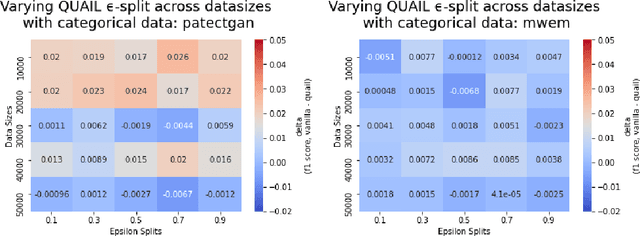
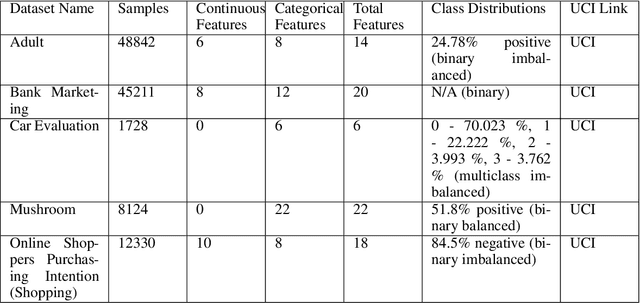

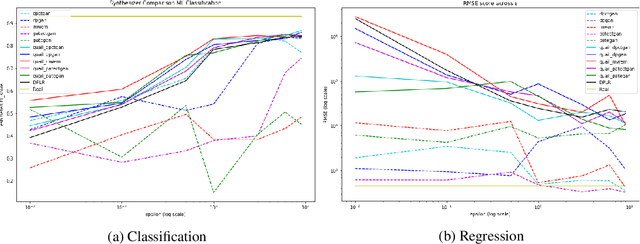
Abstract:Machine learning practitioners frequently seek to leverage the most informative available data, without violating the data owner's privacy, when building predictive models. Differentially private data synthesis protects personal details from exposure, and allows for the training of differentially private machine learning models on privately generated datasets. But how can we effectively assess the efficacy of differentially private synthetic data? In this paper, we survey four differentially private generative adversarial networks for data synthesis. We evaluate each of them at scale on five standard tabular datasets, and in two applied industry scenarios. We benchmark with novel metrics from recent literature and other standard machine learning tools. Our results suggest some synthesizers are more applicable for different privacy budgets, and we further demonstrate complicating domain-based tradeoffs in selecting an approach. We offer experimental learning on applied machine learning scenarios with private internal data to researchers and practioners alike. In addition, we propose QUAIL, an ensemble-based modeling approach to generating synthetic data. We examine QUAIL's tradeoffs, and note circumstances in which it outperforms baseline differentially private supervised learning models under the same budget constraint.
Flexible and Scalable Deep Learning with MMLSpark
Apr 11, 2018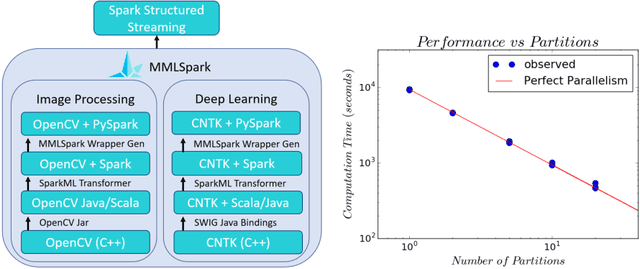
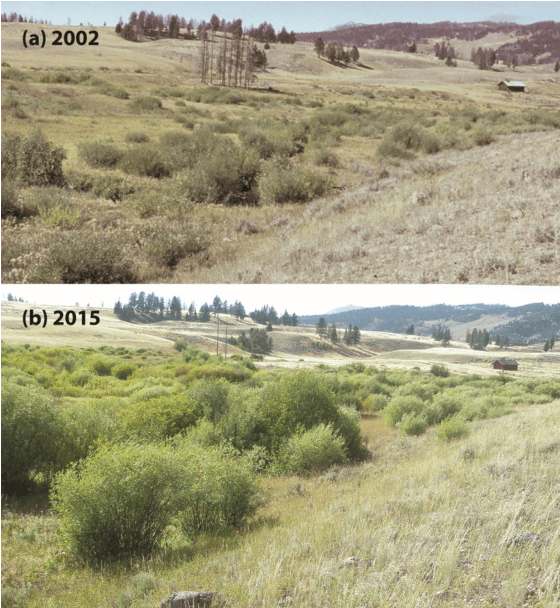

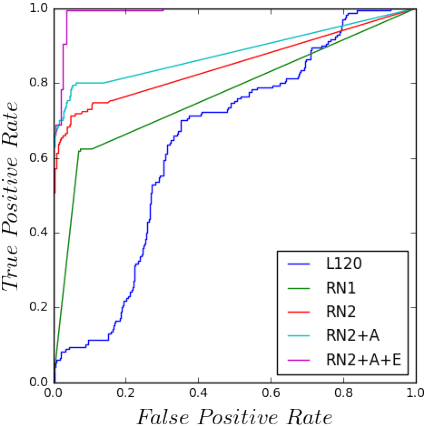
Abstract:In this work we detail a novel open source library, called MMLSpark, that combines the flexible deep learning library Cognitive Toolkit, with the distributed computing framework Apache Spark. To achieve this, we have contributed Java Language bindings to the Cognitive Toolkit, and added several new components to the Spark ecosystem. In addition, we also integrate the popular image processing library OpenCV with Spark, and present a tool for the automated generation of PySpark wrappers from any SparkML estimator and use this tool to expose all work to the PySpark ecosystem. Finally, we provide a large library of tools for working and developing within the Spark ecosystem. We apply this work to the automated classification of Snow Leopards from camera trap images, and provide an end to end solution for the non-profit conservation organization, the Snow Leopard Trust.
 Add to Chrome
Add to Chrome Add to Firefox
Add to Firefox Add to Edge
Add to Edge